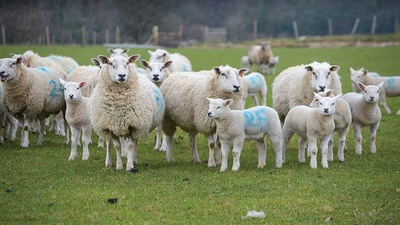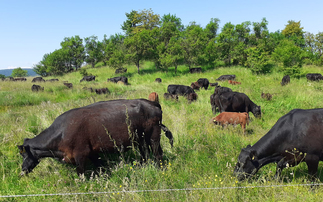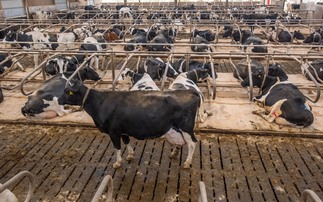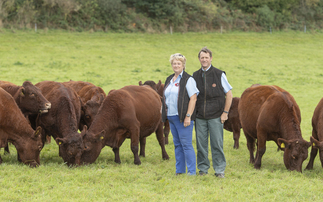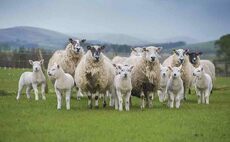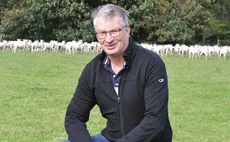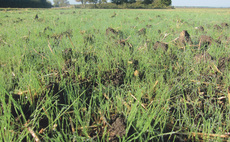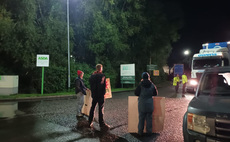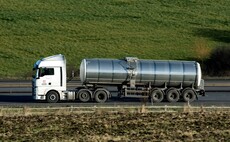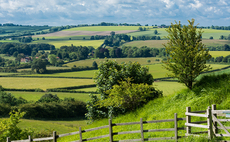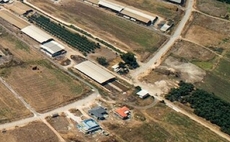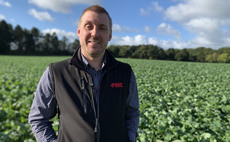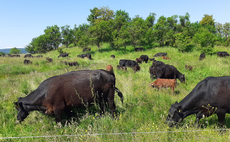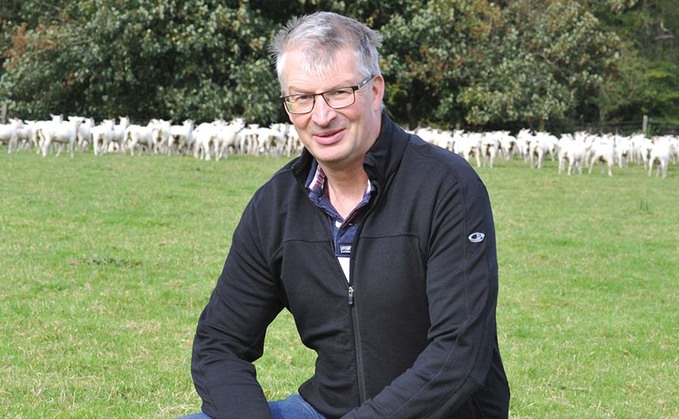
You always know that autumn is drawing near as the movement of livestock in and out of our West Wales valley increases.
High value breeding stock in the form of ewe lambs, breeding ewes and rams are sold to buyers UK-wide through auctions or to private buyers. At the same time, fresh genetics are introduced through new rams.
This seasonal movement is both the fruit of our labour over the past 12 months and part of our preparation for the next. Reassuringly, prices have been buoyant to date despite the devastating effects of Covid-19 on our friends in the food service and other aligned industries.
'Fail to prepare, prepare to fail' is a mantra which I follow. Now is a time to reflect back over the year and consider how to do things better going into the next.
Some of the key metrics we look at in terms of flock performance are lambs reared and sold, lamb sale weights and specifics around health and welfare such as mortality and lameness.
Our lambing experience gets a special review as we are determined to avoid the disruptive incidences of prolapses, difficult births, abortions and joint ill. Correct ewe nutrition and high-quality colostrum plays a vital role in a successful lambing.
Mitigating these problems is possible through good planning and conversations with your farm vet. For us, setting up for success means getting the ewes in the right condition to go to the tup and having a robust vaccination policy in place to avoid abortion in our ewes or an outbreak of clostridial disease or orf in our lambs.
Resistance
As farmers we are well aware of the serious issues around antimicrobial resistance and the importance of maximising the use of vaccines. Antibiotic use in the UK dairy, beef and sheep sectors is very low, but the industry is not complacent and we are continually looking to reduce usage even further.
With this year's round of vaccinations approaching, ask yourself, are you playing your part?
This autumn poses far more questions than usual. On the farm, we can make decisions like these, but beyond our control is our imminent departure from the EU and the possibility of a no deal.
The fact remains that Wales exports 40 per cent of its lamb and 95 per cent of that currently goes to the EU.
Exports are essential to maintain a market price above our producers' cost of production for two reasons: carcase imbalance and seasonality issues.
Lamb is a natural product and October/November will always be the high point of the season in terms of lamb coming to the market, the need for exports to the EU, and tariff free frictionless trade will be essential to avoid a devastating price collapse next year. Those in control of deciding this situation must hear us loud and clear.
Despite continued talk of new markets, there is no doubt that our sheep farmers, local businesses and rural communities could be facing an immediate and real catastrophic effect on their profitability and future existence.
The clock is ticking to the start of one of the most challenging seasons in living memory. As farmers we can do everything within our control to innovate and refine sustainable farming practices to the benefit of our local and national economies. Political decision-makers need to put in the same preparation to ensure we do not fail.
